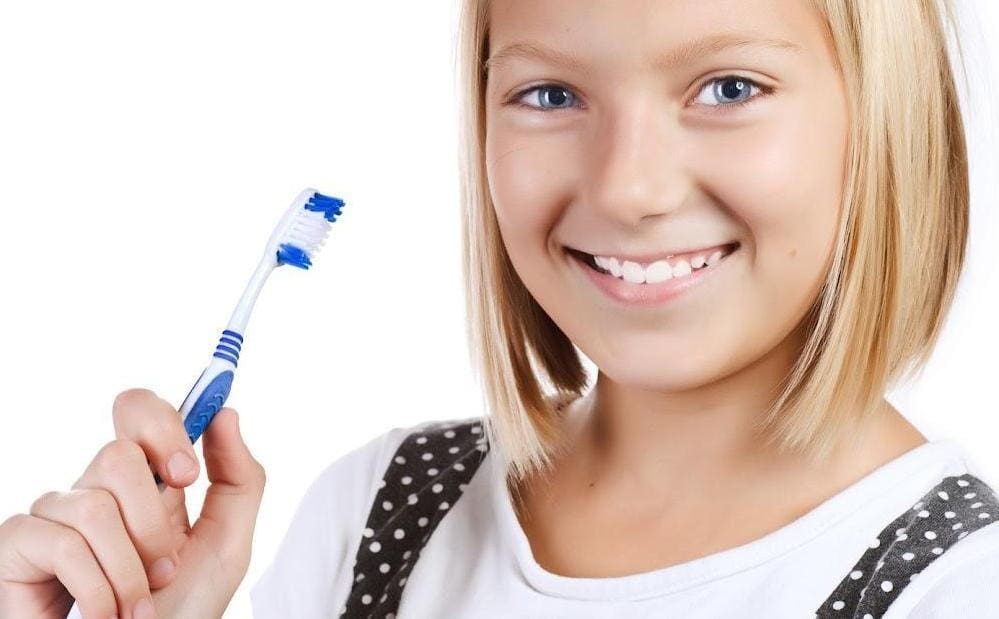Most parents strive to teach their children the right way to do things from the start. However, sometimes life happens, and kids pick up some not-so-healthy dental care habits along the way. Whether your children come home from summer camp barely brushing their teeth or decide that flossing isn’t fun, it’s never too late to correct bad oral health habits.
This guide lists some strategies you can use to help your older children change their habits.
Investigate Why Kids Developed Bad Habits
Children sometimes develop bad habits for good reasons. For example, if you’ve taught children not to chew ice, it’s easy to get exasperated when you catch them chomping down on a piece of ice. However, chewing ice can be a sign of iron deficiency. Before you admonish children for bad habits, gather the facts.
Keep it simple. Start by asking children why they developed the bad habit. However, remember that your kids may not always be aware of why they’re doing certain things. If your children feel compelled to do something that’s bad for them, then talk to your kids’ pediatrician about possible underlying causes for bad habits.
Provide Specific Reasons to Children
Although it can be hard to reason with young kids about why they shouldn’t do things like chewing on ice, older kids will be more open to reasoning. When there aren’t any underlying causes for the ice-chewing habit, explain to your children that chewing on ice can lead to chipped teeth, sore jaws, the loss of fillings, and tooth enamel damage.
Choose reasons that are most relevant to the lives of children before you have the discussion. While the risk of long-term damage can be scary, most kids will be more responsive to immediate consequences.
For example, if children won’t brush their teeth, then you may explain that this bad habit can cause their breath to stink.
Also, you may want to gather factual articles about the bad habit before discussing it with your children. The more information you have about the unwanted habit, the more you can motivate kids to stop the behavior.
Offer Alternatives to Bad Habits
If you notice that your children are doing something that’s bad for their teeth, ask them to stop. Next, offer an alternative. It can be hard for kids to give up something enjoyable if they don’t have something to immediately replace it with. For example, if your children are drinking too many sugary sodas, then offer flavored, sugar-free water as a replacement.
Make changing bad habits as easy on your kids as possible. If they have a habit of grinding their teeth at night(which many people subconsciously do), then provide them with a mouth guard to help them avoid the problem. Alternatives are available for nearly any bad dental habit.
Set Rules to Encourage Good Habits
Be insistent and persistent about kids developing good habits. Focus on the development of better habits by offering a lot of praise and positive reinforcement. Also, set new rules that clearly establish your expectations. Let your children know that they’re expected to engage in good habits and stop bad ones.
Mouth guards are an important part of keeping kids safe while they play a variety of sports. However, some children don’t want to wear them. Let your children know that wearing them is not optional. Explain that, if they don’t wear a mouth guard, then they can’t play sports. Setting rules in clear terms can encourage children to make healthier choices.
Finally, encourage children to discuss their oral health care habits with their dentist, too. Contact Youth Dental & Vision to schedule appointments for all your children. We offer compassionate, customized care, and we are dedicated to making you and your family comfortable on each visit.


